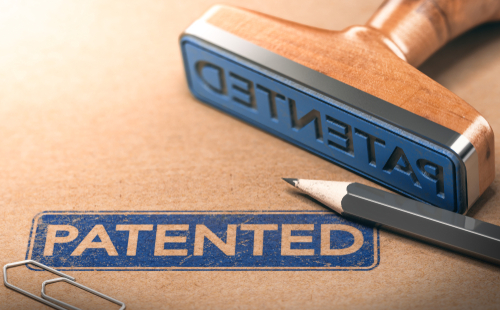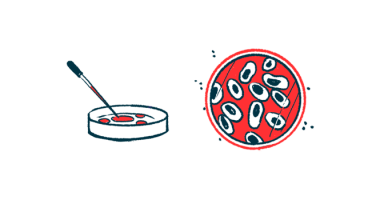Alterity’s Next-generation Compounds for Brain Diseases Granted US Patent

The U.S. Patent and Trademark Office (USPTO) has issued a patent covering the intellectual rights to Alterity Therapeutics’ next-generation compounds to treat several neurodegenerative disorders, including Parkinson’s disease.
“This broad patent establishes an excellent foundation for the company to pursue multiple therapeutics across a spectrum of neurodegenerative disease,” Geoffrey Kempler, chairman and CEO of Alterity, said in a press release.
The new patent (No. 16/818,641), titled “Compounds for and Methods of Treating Diseases,” covers more than 150 different pharmaceutical compound compositions that are specifically designed to promote the redistribution of labile iron in the body.
Labile iron encompasses all forms of iron found within cells that are not associated with proteins and may potentially have toxic effects. These forms of iron are thought to be part of the mechanisms contributing to the development of several neurodegenerative disorders, including multiple system atrophy (MSA), Parkinson’s, and Alzheimer’s disease.
By promoting the redistribution of labile iron, Alterity’s new compounds are expected to eliminate the contributions that these potentially toxic forms of iron may have on the development of these disorders.
“There is a growing clinical and scientific focus on the implication of elevated iron in the brain of people with neurodegenerative disease. Alterity has been at the forefront of research and drug development in this area, and we have significant research to support our current and future drug development efforts,” Kempler said.
The new patent, filed in March and given prioritized examination by the USPTO, will allow Alterity to retain the exclusive intellectual rights over these new pharmaceutical compositions for the next 20 years.
Alterity said this period of exclusivity will give the company plenty of time to discover, develop, and commercialize new, next-generation compounds incorporating the proprietary pharmaceutical compositions.
“This patent allows us to fully prosecute these opportunities with confidence in the coming years to address some of the most devastating brain diseases which currently have few or no treatment options,” he added.
ATH434, Alterity’s most advanced next-generation compound featuring this mechanism of action, has already entered clinical testing. It has so far shown a favorable safety and pharmacological profile in healthy volunteers participating in a Phase 1 trial (ACTRN12618000541202). The compound is mainly intended to treat patients with MSA, a neurodegenerative disease for which there are no currently approved treatments.
Alterity also is planning to file patents to protect the intellectual rights of the new compound compositions in other countries.






